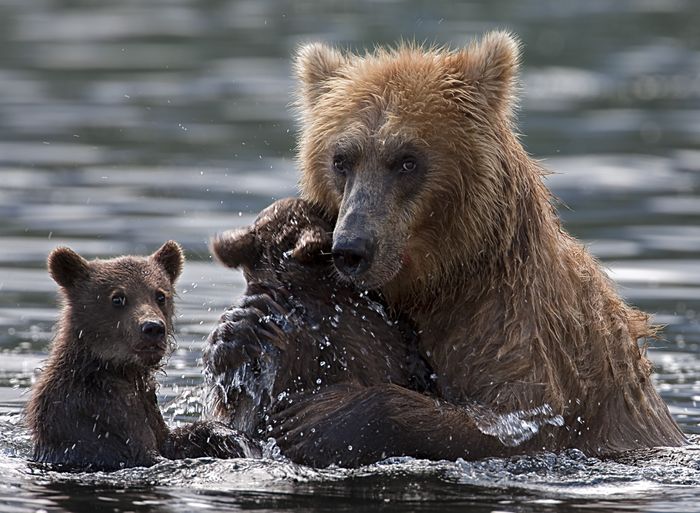Changing How Conservation Happens
Enduring Conservation Outcomes
Transforming Conservation Around the World
Lacy Consulting Services collaborated with Foundations of Success and Hewlett Foundation to identify a wide range of elements needed to build the conditions for enduring conservation outcomes.

Implementing J.E.D.I in Conservation Planning
JEDI learning is a life-long endeavor and there are many opportunities to discover new approaches. Conservation is not keeping up with the pace of social change in the world and can stay relevant by continued growth in JEDI.
Practitioners face many challenges in implementing JEDI. Many of these challenges are centered on engagement and relationship building with various stakeholders. Time is a limiting factor that contributes to the success of incorporating JEDI into planning and implementation. Addressing these challenges now should help practitioners prepare for overcoming these barriers before they arise. Using these approaches can help you and your organization in your pursuit of incorporating JEDI into your conservation planning and implementation throughout the steps of the Conservation Standards. View our full report below, and contact us to discuss implementing JEDI practices into future conservation efforts.

Conservation Standards for Enduring Conservation Outcomes
In 2021, Lacy Consulting Services partnered with the Hewlett Foundation to identify a wide range of elements needed to build the conditions for enduring conservation outcomes. Three main themes arose:
• Conservation outcomes must have lasting benefits for people as well as the environment.
• Conservation outcomes and related benefits must be determined through an inclusive process.
• Enduring conservation outcomes must have broad support.
Potential Social, Socio-economic, and Economic Benefits Related to Conservation Outcomes Include:
Connection to lands: Shift in societal values to emphasize quality of life and connection to the outdoors. Recognition and support of the deep personal connections of people and land-based rural communities, including tribes, landowners, ranchers, farmers, foresters, and other stakeholders.
Shared outcomes: Communities and affected stakeholders feel ownership of outcomes. Conservation brings people together rather than dividing them. Solutions have space to adapt and evolve as learning happens during implementation.
Local benefits: Affected communities feel that they are benefitting from, and have agency in, decisions about the landscapes where they live.
Shared identity: A shared cultural value among all stakeholders, including agricultural and recreation interests, centered on responsibility to nature.
